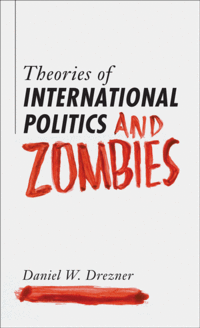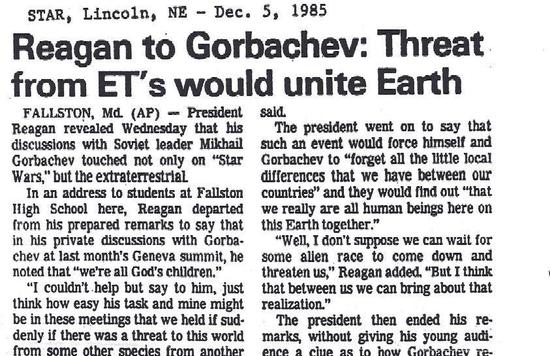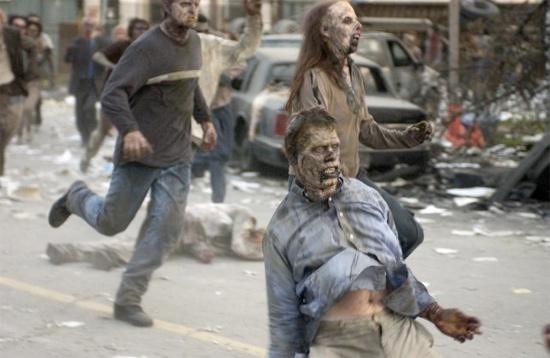Book review. Theories of International Relations and Zombies. By Daniel W. Drezner. Princeton University Press, 2011. (U$ 9.01, www.amazon.com)
In this concise and engaging study, Daniel Drezner, Professor of International Politics at the Fletcher School of Law and Diplomacy at Tufts University, provides a rigorous theoretical analysis of the potential implications of a zombie attack, thus filling an important gap in the International Relations literature. While the author concedes that the statistical probability of such an event is extremely difficult to determine but generally thought to be low, he rightly points out that contrary to vampires or witches, which rarely seek world domination, flesh-devouring zombies could in theory proliferate at high rates and “eradicate humanity from the face of earth”. The rise of the undead could thus have not only a potentially high human cost, but also profound systemic implications, requiring a coordinated international response from both state and non-state actors. Since zombies can easily cross borders, such a phenomenon would pose complex challenges to today’s global governance structures, similar to climate change, failed states or global epidemics.
Given the lack of scholarly consensus regarding the origin of zombies, Drezner rightly concludes that significant investments in prevention are unlikely to have much effect, aside from being prohibitively expensive – an argument of particular importance given the current global financial crisis. He therefore focuses on the effects of such a scenario, fleshing out what different theories of international relations predict would happen if zombies started to roam the earth.
Realists, who believe the global structure is anarchical, predict no or only unstable cooperation between states in the case of a zombie attack. Indeed, citing several zombie movies, Drezner shows that human beings rarely develop a coordinated response when threatened by zombies – the same may apply to states. Even if countries created an “anti-zombie alliance”, freeriding would, according to the author, almost certainly pose problems, and governments might commit to such an alliance in name only. This is highly debatable, as the author rejects the importance of Ronald Reagan’s conversation with Mikhail Gorbachev in 1985, during which the American President argued that an invasion by extraterrestrials which (just like a zombie attack) posed a common threat to humanity, would quickly end all differences between the United States and the Soviet Union (see below).
More concerned about negative consequences, Drezner points out that strong states could use the rise of zombies to “squelch irredentist movements, settle old scores, or subdue enduring rivals.” For example, China could occupy Taiwan (to isolate captured zombies, perhaps) and the Pakistani army would use zombies limping across the Line of Control (LoC) as a pretext to retaliate against India.
Liberals, on the other hand, who believe cooperation is more likely, face a particular dilemma. One of their major arguments is the ‘shadow of the future’: the longer one’s time horizon, the greater the rewards from mutual cooperation are in comparison to the fleeting benefits freeriding provides – yet zombies’ focus on short-term gains (eating human flesh) may be simply too strong to jointly coordinate policies. Against this, John Maynard Keynes argued that “in the long run, we are all dead”, which may mean that the ‘shadow of the future’ may in fact matter to the zombies. More research regarding zombies’ intellectual capabilities seems necessary to solve this puzzle. Drezner’s thoughts about the establishment of a “World Zombie Organization” are incisive – and such as organization may provide a unique opportunity for emerging powers such as China, India and Brazil to assume more global responsibility.
As the author points out, both neoconservatism and constructivism offer important ideas about how to deal with the zombie menace – yet neocon-inspired ‘shock and awe’ military campaigns may, despite a quick overthrow of an evil zombie regime, spread anti-human sentiments in occupied areas. Constructivists would argue that zombies are what humans make of it – raising important questions of human vs. zombie identity. Worryingly, Drezner suggests that once zombies are in the majority, they may cause a “norm cascade”, causing humans to adhere to the new standard behavior, a development with potentially serious implications for modern civilization.
Drezner’s analysis is sharp and convincing, yet some of his ideas could be developed much further. The author rightly notes that zombies’ carbon footprint is low – they usually walk (rather than drive) and consume only organic food. In an effort to reduce carbon emissions, governments could attempt to deliberately convert part of their population into zombies, thus reaping international praise and a ‘green reputation’ – yet such a policy would pose difficult ethical questions. Another important possibility the author does not consider here is that terrorist organizations such as Al Qaeda could attempt to recruit and indoctrinate zombies, a strategy that would force governments to radically alter counter-terrorism strategies. Despite these shortcomings, Drezner’s book is a must-read for young international relations scholars, considering the vast attention this topic is likely to get in the future.
Read also:
Book review: “No One’s World” by Charles A. Kupchan
Book review: “Liberal Leviathan” by G. John Ikenberry
Book review: “The Party: The Secret World of China’s Communist Rulers” by Richard McGregor











